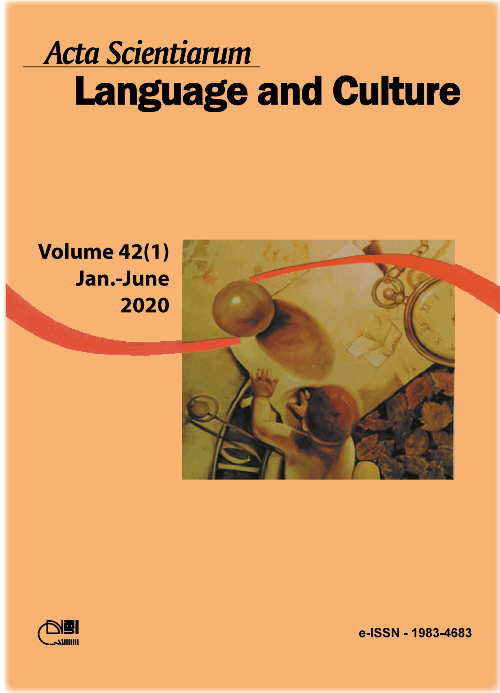Heptapod B and whorfianism. Language extrapolation in science fiction
Abstract
The Sapir-Whorf hypothesis states that the language someone speaks shapes their thoughts. Although this view may have fallen into disrepute in the field of linguistics, its influence, the Whorfianism, has been the number one showcase in science fiction works that somehow approach language, and more specifically, invented languages. This paper uses Ted Chiang’s award-winning novella Story of your life (1998) and its filmic adaptation Arrival (2016) directed by Denis Villeneuve and written by Eric Heisserer as a case study to investigate this literary phenomenon. The considerations of Guy Deutscher (2010), Stockwell (2006) and Ria Cheyne (2008), as well as the authors’ own viewpoints, are vitally important for that. The result is a speculative and comparative analysis that contributes to a better understanding of the frequent connexion of science fiction, glossopoesis and Whorfianism.
Downloads
Metrics
DECLARATION OF ORIGINALITY AND COPYRIGHTS
I Declare that current article is original and has not been submitted for publication, in part or in whole, to any other national or international journal.
The copyrights belong exclusively to the authors. Published content is licensed under Creative Commons Attribution 4.0 (CC BY 4.0) guidelines, which allows sharing (copy and distribution of the material in any medium or format) and adaptation (remix, transform, and build upon the material) for any purpose, even commercially, under the terms of attribution.
Read this link for further information on how to use CC BY 4.0 properly.




















6.png)









